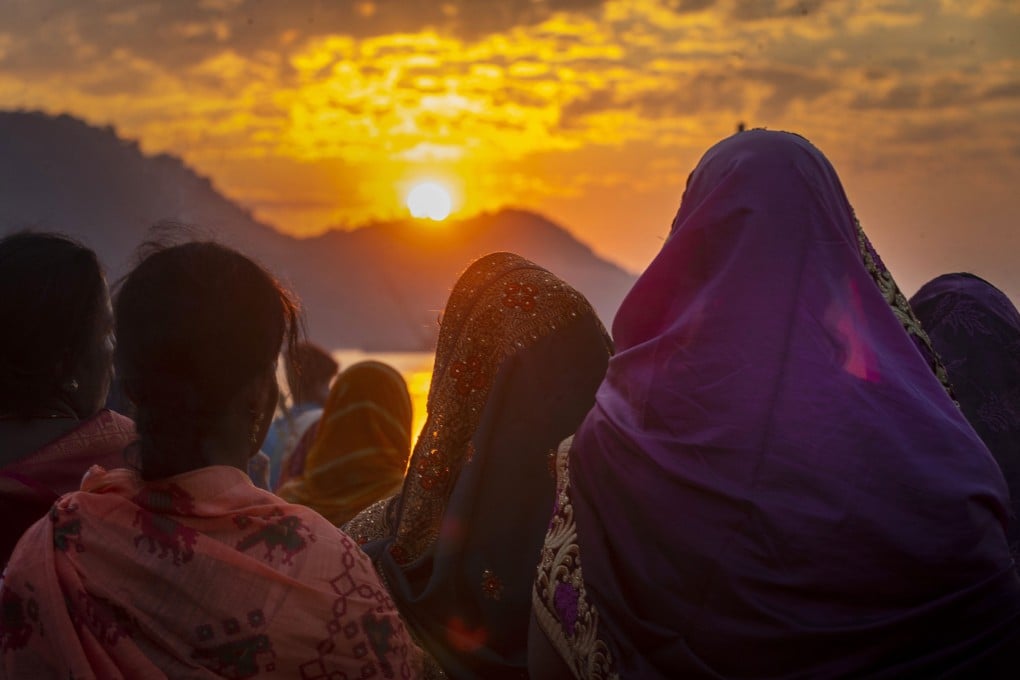Advertisement
Opinion | India’s landmark abortion ruling is a step forward for women’s rights
- The country’s highest court has ruled that single women must have the same abortion rights as their married counterparts
- The expansion of access to abortion is not only an important step in a society where premarital sex and abortion still carry deep stigma, but also stands in contrast to developments in the US
Reading Time:3 minutes
Why you can trust SCMP

In late September, India’s Supreme Court ruled that women, whether married or unmarried, have equal right to abortion for pregnancies of up to 24 weeks. Before the ruling, under the Medical Termination of Pregnancy Act, single women could cite “failure of contraception” to abort pregnancies of up to 20 weeks, while married women were allowed to do so up to 24 weeks.
Advertisement
The country’s apex court also made clear that the term “woman” applies to transgender people, that medical practitioners do not have to report minors who approach them for an abortion, and that marital rape, which is not criminalised under the country’s penal code, must be recognised under the MTP Act.
The expansion of abortion access in India stands in contrast to the US Supreme Court’s overturning of the landmark 1973 Roe vs Wade ruling which had recognised a woman’s constitutional right to an abortion and legalised it nationwide. Several American states are now rolling back abortion rights.
Many in India remember the 2012 death of an Indian woman in Ireland, who despite her deteriorating condition was refused an abortion, only to deliver a stillborn baby and die of infection. After the furore, the Irish government changed its law to legalise abortion in cases of medical emergencies as well as the risk of suicide.
Across Asia, laws on abortion vary. According to the Centre for Reproductive Rights, abortion remains illegal in Iraq, Laos and the Philippines; in the latter, women can be jailed for two to six years for having one. Afghanistan, Bangladesh, Sri Lanka, Myanmar, Brunei and Iran only allow abortion to save the woman’s life.
Advertisement
China, in 1953, was one of the first developing countries to legalise abortion and make it widely available. However, under the one-child policy introduced in the 1970s, which was only rolled back in 2016, millions of Chinese women were subject to forced abortions. Today, China is trying to increase its birth rate; in 2016, it announced its intention to reduce “non-medical abortions”.

Advertisement
